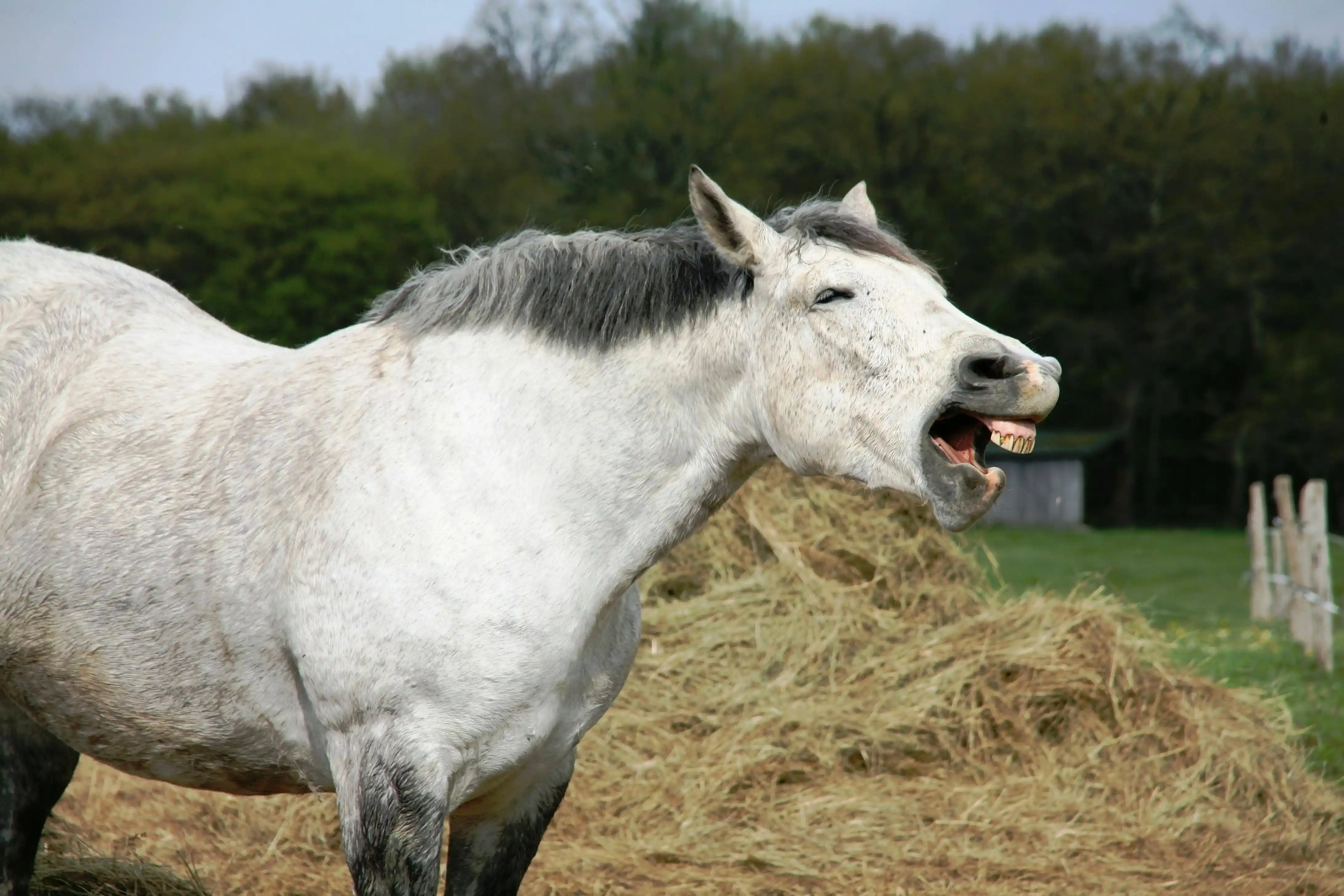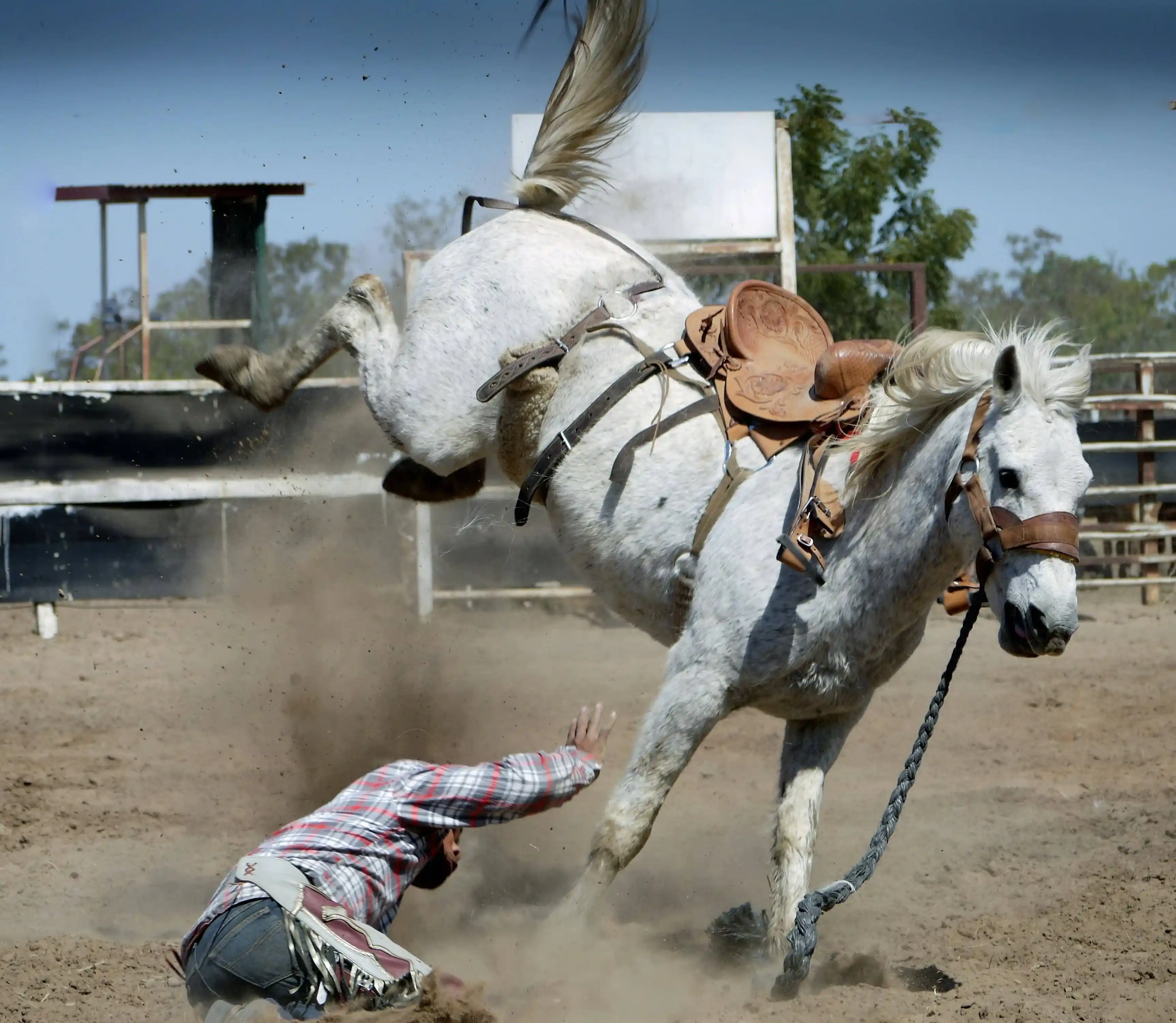Check Out the Top Joint Supplements to Keep Your Horse's Joints Healthy and Strong
Table of Contents
- Introduction
- Understanding Joint Health in Horses
- Common Joint Issues in Horses
- The Role of Joint Supplements
- Key Ingredients in Equine Joint Supplements
- Top Joint Supplements for Horses
- How to Choose the Right Joint Supplement
- Administering Joint Supplements: Best Practices
- Diet, Exercise, and Joint Health
- The Importance of Veterinary Guidance
- Frequently Asked Questions
- Conclusion
- Resources and Further Reading
Introduction
The health and mobility of your horse are directly tied to the condition of their joints. Whether you own a competitive athlete, a pleasure horse, or a beloved senior companion, joint health is a cornerstone of equine well-being. Over time, the wear and tear of daily activity, training, and even genetics can take a toll on a horse’s joints, leading to discomfort, reduced performance, and, in some cases, chronic lameness.
Fortunately, advances in equine nutrition and veterinary science have led to the development of a wide range of joint supplements designed to support, protect, and even repair joint tissues. In this comprehensive guide, we’ll explore everything you need to know about joint health in horses, the science behind joint supplements, and how to select the best products for your equine partner.
Understanding Joint Health in Horses
A horse’s joints are complex structures composed of bones, cartilage, synovial fluid, ligaments, and tendons. These components work together to provide smooth, pain-free movement. The most commonly affected joints in horses include the hocks, stifles, fetlocks, and knees, all of which are subjected to significant stress during movement.
Cartilage acts as a cushion between bones, while synovial fluid lubricates the joint, reducing friction. Over time, or due to injury, the cartilage can wear down, and the quality or quantity of synovial fluid may decrease, leading to inflammation, pain, and reduced mobility.
Common Joint Issues in Horses
- Osteoarthritis (Degenerative Joint Disease): The most prevalent joint issue in horses, characterized by the breakdown of cartilage and inflammation of the joint capsule. It can affect horses of all ages and disciplines.
- Synovitis: Inflammation of the synovial membrane, often resulting in increased joint fluid and swelling.
- Joint Effusion: Accumulation of excess synovial fluid, leading to visible swelling and discomfort.
- Traumatic Injuries: Sprains, strains, and direct trauma can damage joint structures, leading to acute or chronic issues.
- Developmental Orthopedic Diseases: Conditions such as osteochondritis dissecans (OCD) and subchondral bone cysts, often seen in young, growing horses.
Early detection and intervention are crucial for managing joint issues and maintaining your horse’s quality of life.
The Role of Joint Supplements
Joint supplements are nutritional products formulated to support the health and function of equine joints. They are not a cure for joint disease but can play a significant role in:
- Slowing the progression of degenerative changes
- Reducing inflammation and pain
- Supporting the repair of cartilage and other joint tissues
- Improving mobility and comfort
- Enhancing performance and longevity
These supplements are especially beneficial for:
- Performance horses in regular work or competition
- Aging horses with natural wear and tear
- Horses recovering from joint injuries
- Young horses in intensive training
Key Ingredients in Equine Joint Supplements
The effectiveness of a joint supplement depends largely on its ingredients. Here are the most common and well-researched components:
- Glucosamine: A building block for cartilage, glucosamine supports the repair and maintenance of joint tissues. It is often found as glucosamine sulfate or glucosamine hydrochloride.
- Chondroitin Sulfate: Works synergistically with glucosamine to inhibit enzymes that break down cartilage and to promote water retention in the cartilage matrix.
- Methylsulfonylmethane (MSM): A source of bioavailable sulfur, MSM is believed to have anti-inflammatory properties and to support the formation of connective tissue.
- Hyaluronic Acid (HA): A key component of synovial fluid, HA helps lubricate joints and reduce inflammation.
- Avocado/Soybean Unsaponifiables (ASU): Plant extracts that may help protect cartilage and reduce inflammation.
- Omega-3 Fatty Acids: Found in fish oil and flaxseed, omega-3s have anti-inflammatory effects that can benefit joint health.
- Collagen: Supports the structure of cartilage, tendons, and ligaments.
- Herbal Ingredients: Such as turmeric (curcumin), boswellia, and yucca, which may provide additional anti-inflammatory support.
For more on these ingredients, see the The Horse: Joint Supplements for Horses.
Top Joint Supplements for Horses
The equine supplement market is vast, with many products claiming to support joint health. Below, we highlight some of the most reputable and widely used joint supplements, based on ingredient quality, research, and user reviews. Always consult your veterinarian before starting any new supplement.
-
Cosequin ASU
Cosequin ASU is a leading joint supplement containing glucosamine, chondroitin sulfate, MSM, and avocado/soybean unsaponifiables (ASU). It is backed by research and widely used in both performance and senior horses. -
SmartFlex Ultra Pellets
SmartFlex Ultra Pellets from SmartPak combine glucosamine, chondroitin, MSM, hyaluronic acid, and antioxidants for comprehensive joint support. -
Platinum Performance CJ
Platinum Performance CJ offers a blend of omega-3 fatty acids, glucosamine, MSM, hyaluronic acid, and antioxidants, plus additional ingredients for overall wellness. -
Flexadin Advanced with UC-II
Flexadin Advanced features undenatured type II collagen (UC-II), which may help modulate the immune response and support joint health. -
LubriSyn HA
LubriSyn HA is a liquid hyaluronic acid supplement designed to support joint lubrication and reduce inflammation. -
Acti-Flex 4000
Acti-Flex 4000 contains glucosamine, chondroitin, MSM, hyaluronic acid, and other nutrients for joint and connective tissue support. -
Equithrive Joint
Equithrive Joint uses resveratrol, a potent antioxidant, along with hyaluronic acid to support joint health and reduce inflammation. -
Grand HA Synergy
Grand HA Synergy offers a blend of hyaluronic acid, glucosamine, chondroitin, MSM, and antioxidants for advanced joint support. -
Devil’s Claw Plus
Devil’s Claw Plus combines herbal anti-inflammatories with traditional joint support ingredients, but should not be used in pregnant mares or horses with gastric ulcers. -
Farrier’s Formula Double Strength Plus Joint
Farrier’s Formula Double Strength Plus Joint supports both hoof and joint health with a combination of glucosamine, MSM, and omega-3 fatty acids.
This list is not exhaustive, and new products are introduced regularly. For a more detailed comparison, see Horse & Hound: Best Joint Supplements for Horses.
How to Choose the Right Joint Supplement
Selecting the best joint supplement for your horse depends on several factors:
- Age and Activity Level: Young, growing horses and high-performance athletes may benefit from different formulations than senior or retired horses.
- Existing Joint Issues: Horses with diagnosed osteoarthritis or other joint conditions may require higher levels of certain ingredients.
- Ingredient Quality and Bioavailability: Not all supplements are created equal. Look for products with research-backed ingredients and proven bioavailability.
- Formulation: Powders, pellets, liquids, and wafers are available. Choose a form your horse will readily consume.
- Budget: High-quality supplements can be expensive, but investing in your horse’s joint health can save on veterinary costs in the long run.
- Veterinary Recommendation: Always consult your veterinarian before starting a new supplement, especially if your horse is on medication or has health concerns.
For more guidance, see AAEP: Joint Supplements – What Should You Look For?.
Administering Joint Supplements: Best Practices
To maximize the benefits of joint supplements:
- Follow the manufacturer’s dosing instructions carefully.
- Introduce new supplements gradually to avoid digestive upset.
- Monitor your horse for changes in mobility, comfort, and overall health.
- Keep a record of supplement use and any observed effects.
- Store supplements in a cool, dry place to preserve potency.
Some horses may be picky eaters. If your horse refuses a supplement, try mixing it with a small amount of molasses, applesauce, or their favorite feed.
Diet, Exercise, and Joint Health
Joint supplements are most effective when combined with proper management practices:
- Balanced Diet: Ensure your horse receives adequate protein, vitamins, and minerals to support tissue repair and overall health.
- Regular Exercise: Controlled exercise helps maintain joint flexibility and muscle strength. Avoid sudden increases in workload.
- Weight Management: Overweight horses place extra stress on their joints. Maintain a healthy body condition score.
- Appropriate Footing: Work your horse on safe, well-maintained surfaces to reduce the risk of joint injury.
- Routine Farrier Care: Regular trimming and shoeing help maintain proper limb alignment and reduce joint stress.
For more on holistic joint care, see Equine Wellness Magazine: Horse Joint Health.
The Importance of Veterinary Guidance
While joint supplements can be a valuable tool, they are not a substitute for professional veterinary care. If your horse shows signs of joint pain—such as lameness, swelling, heat, or reluctance to move—schedule a veterinary examination promptly. Your veterinarian can diagnose the underlying issue and recommend an appropriate treatment plan, which may include:
- Prescription medications (e.g., NSAIDs, corticosteroids)
- Intra-articular injections (e.g., hyaluronic acid, corticosteroids, IRAP, PRP)
- Physical therapy and controlled exercise
- Changes in management or workload
- Supplementation as part of a comprehensive plan
For more on veterinary approaches, visit Cornell Equine Hospital: Lameness and Joint Disease.
Frequently Asked Questions
Do joint supplements really work for horses?
Research on joint supplements is ongoing, and results can vary. Some ingredients, such as glucosamine, chondroitin, and hyaluronic acid, have shown promise in supporting joint health and reducing inflammation. However, not all horses respond the same way, and supplements are most effective as part of a holistic management plan.
How long does it take to see results from a joint supplement?
It may take 4–8 weeks to notice improvements in your horse’s mobility and comfort. Consistency is key, and results may be more pronounced in horses with mild to moderate joint issues.
Can I give my horse more than one joint supplement?
It is generally not recommended to combine multiple joint supplements, as this can lead to excessive intake of certain ingredients and increase the risk of side effects. Consult your veterinarian before making changes to your horse’s supplement regimen.
Are there any side effects to joint supplements?
Most joint supplements are safe when used as directed. Rarely, horses may experience digestive upset or allergic reactions. Monitor your horse closely and discontinue use if adverse effects occur.
Should I use joint supplements as a preventative measure?
Many owners choose to start joint supplements before signs of joint disease appear, especially in performance horses or those with a family history of joint issues. Preventative use may help maintain joint health and delay the onset of problems.
Conclusion
Joint health is vital to your horse’s comfort, performance, and longevity. While aging and activity inevitably place stress on equine joints, proactive management—including the use of high-quality joint supplements—can make a significant difference. By understanding the science behind joint health, choosing reputable products, and working closely with your veterinarian, you can help your horse stay active and pain-free for years to come.
Remember, supplements are just one piece of the puzzle. Combine them with proper nutrition, exercise, weight management, and regular veterinary care for the best results.
Resources and Further Reading
- The Horse: Joint Supplements for Horses
- AAEP: Joint Supplements – What Should You Look For?
- Horse & Hound: Best Joint Supplements for Horses
- Equine Wellness Magazine: Horse Joint Health
- Cornell Equine Hospital: Lameness and Joint Disease
- Cosequin Equine
- SmartPak: SmartFlex Ultra Pellets
- Platinum Performance CJ
- LubriSyn HA Equine
- Equithrive Joint






































